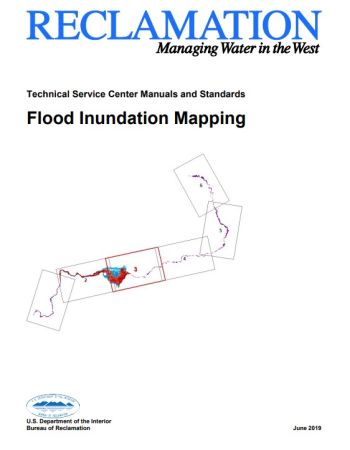Flood Inundation Mapping: Difference between revisions
From ASDSO Dam Safety Toolbox
(Created page with "{{References Template |author= <!-- Add author/publisher below--> The United States Bureau of Reclamation |date= <!-- Add publication year --> 2019 |picture= <!--create a file below in format File:example.png, then add picture to that file--> File:FIM.jpg |link= <!-- Add Url to document below (To retrieve URL from a pdf, add document as a pdf file and copy link address from its page--> https://3.238.206.13/images/b/b6/FIM.pdf |abstract= <!-- Add document summary...") |
Rmanwaring (talk | contribs) No edit summary |
||
| Line 15: | Line 15: | ||
|link= | |link= | ||
<!-- Add Url to document below (To retrieve URL from a pdf, add document as a pdf file and copy link address from its page--> | <!-- Add Url to document below (To retrieve URL from a pdf, add document as a pdf file and copy link address from its page--> | ||
https:// | https://damsafetytoolbox.org/images/b/b6/FIM.pdf | ||
|abstract= | |abstract= | ||
Revision as of 20:15, 13 December 2022
The United States Bureau of Reclamation, 2019

The Bureau of Reclamation (Reclamation) uses flood inundation maps to estimate dam failure life loss for dam safety risk analyses and to produce emergency action plans which aid emergency responders. These maps need to be clear and adhere to a standard so that they can be easily read and interpreted.
Inundation mapping data is the product of an engineering analysis, which involves numeric hydraulic modeling, dam breach analysis, and interpretation of a dam’s potential failure modes. This document discusses the production of inundation maps from output data produced by the hydraulic modeling
Revision ID: 5362
Revision Date: 12/13/2022
